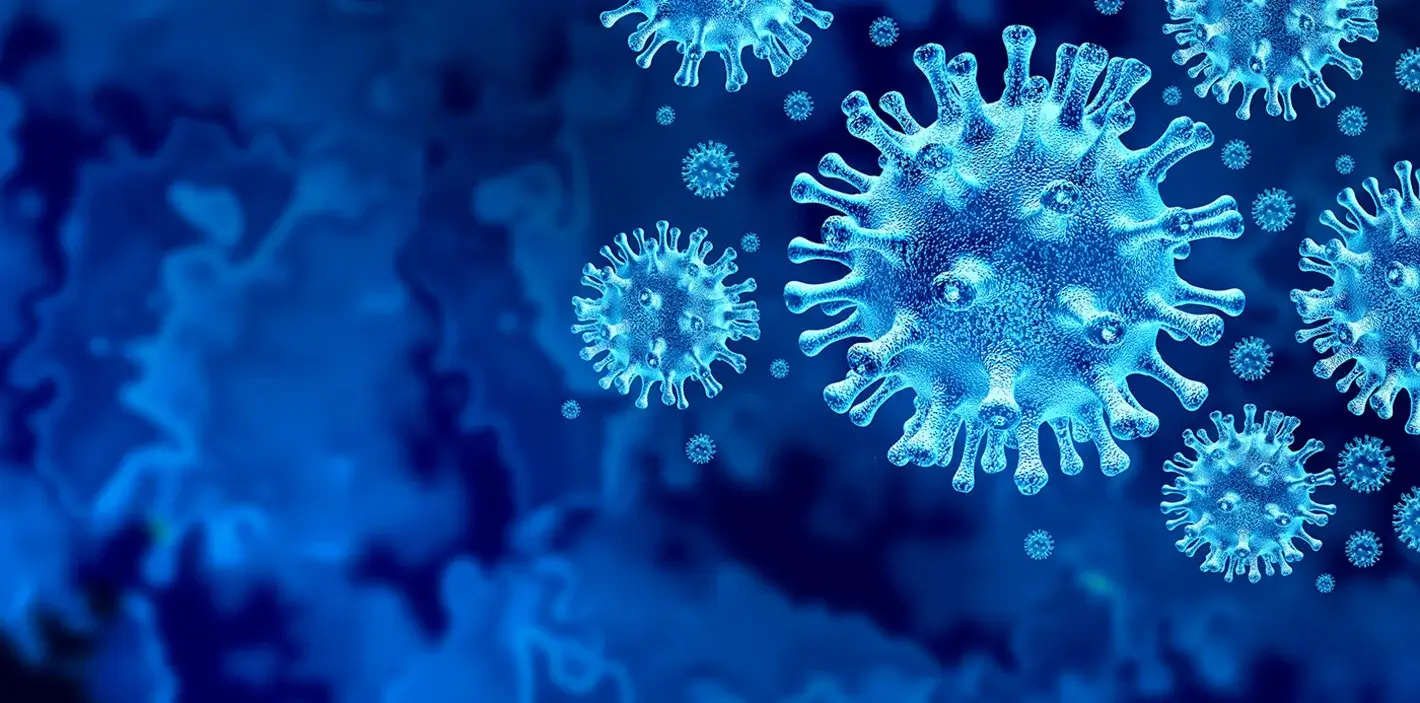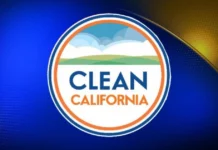Vidya Sethuraman
India Post News Service
The overall number of Covid cases is fast approaching 513 million amid a rise in new infections in parts of the world. According to Johns Hopkins University, the total case count mounted to 512,935,802 while the death toll from the virus reached 6,233,628 on 30th morning. Four of the country’s top COVID experts discussed the latest strain and welcomed the news last week that Moderna is seeking FDA approval of its COVID-19 vaccine for kids five and under at the EMS briefing on April 29.
Moderna announced that it has submitted a request for emergency use authorization (EUA) for its COVID-19 vaccine (mRNA-1273) in children 6 months – less than 2 years and 2 years – less than 6 years of age, to the U.S. Food and Drug Administration and that similar requests are underway with international regulatory authorities. The requests are based on a 25 μg two-dose primary series of mRNA-1273.
As with all things COVID, sentiments about vaccinating kids are strong and split. Millions of families with young children are counting the minutes until their infants and toddlers can get shots. But the reality is having a vaccine available to young kids is the only way for us to even begin to get close to COVID being endemic.
Dr. Eric Feigl-Ding is an epidemiologist and health economist and a Senior Fellow at the Federation of American Scientists in Washington DC said we’re using very different criteria for approving kids and adult vaccines. The vaccines do work, not only reducing hospitalizations and deaths, but also lower the chances of getting long-term COVID. About 20-30% of patients with long COVID are unvaccinated compared with 5-10% who are vaccinated. If you are older, and immune-compromised, or have an underlying disease or if you care for someone who has one, or if you have children, then you should wear a mask. He said that the third shot is the most important.
Dr. Ben Neuman, Professor of Biology and Chief Virologist of the Global Health Research Complex, Texas A&M University said boosters are essential. They’re really the only way to bring your immunity back up.
Dr. Manisha Newaskar, Pediatric Pulmonologist, Stanford Children’s Health said it’s going to be one fourth of adult dose. It is safe to use and is the only way out now.
Dr. William Schaffner, Professor of Preventive Medicine in the Department of Health Policy and Professor of Medicine in the Division of Infectious Diseases, Vanderbilt University School of Medicine said the risk of myocarditis seems to be lower as we go down in age. “We want to make sure when we communicate to parents we have very clearly in mind that these are vaccines that are safe, comparable to the vaccines that we give in pediatric practice every day,” Schaffner said.







